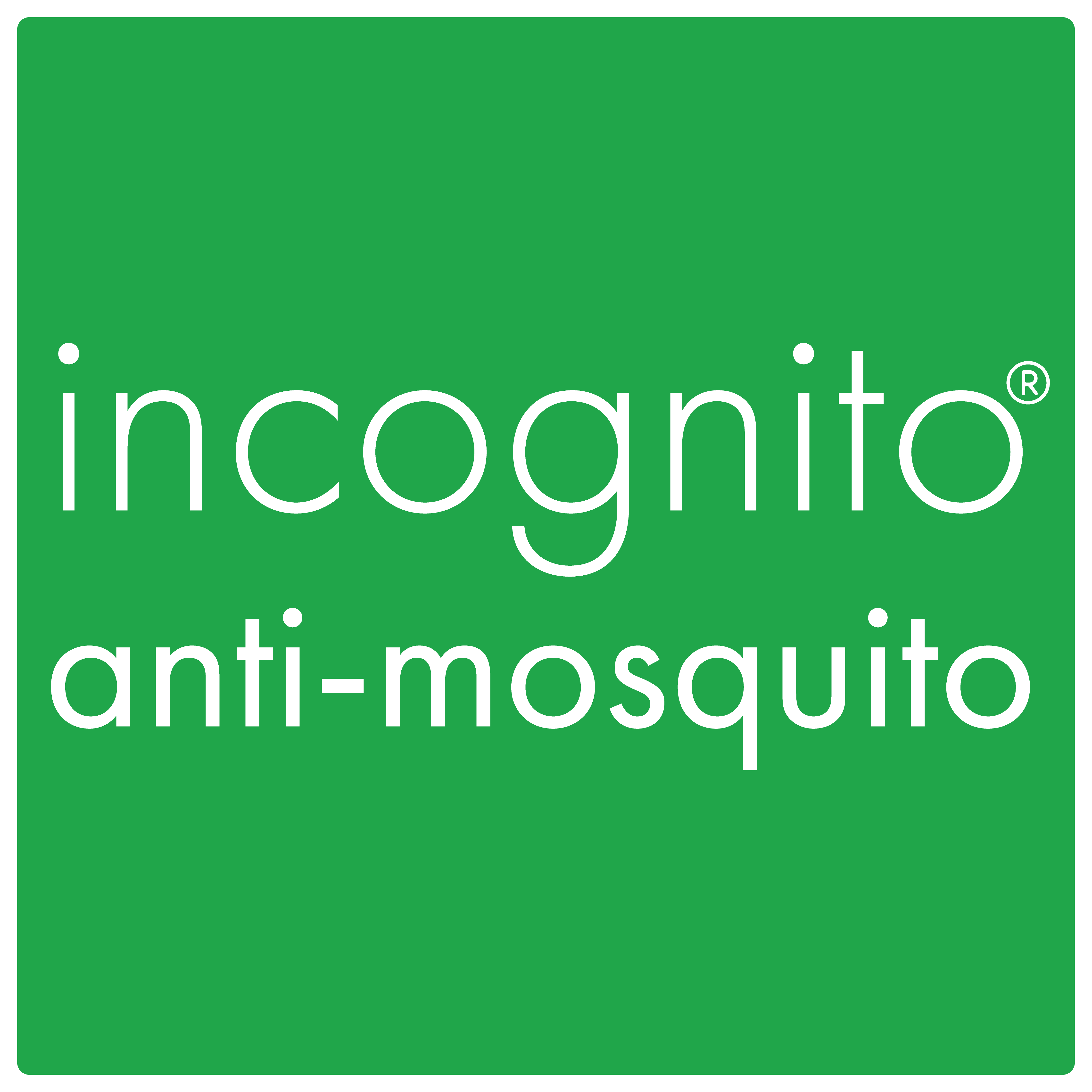Sailing the spectacular Turkish coastline, sunbathing on one of Jamaica’s tropical beaches, diving the depths of submerged caves in the Yucatan Peninsula – the opportunities to explore this planet are diverse and truly incredible. But let’s not forget that these treasured and pristine natural places, tend to be some of the most fragile and sensitive to the impacts of tourism. If we don’t tread lightly, we’ll be destroying the very thing we all seek to enjoy.

This is the underlying message of the UN World Travel Organisation’s latest campaign, ‘Travel, Enjoy, Respect’, which is being rolled out as part of the international year of sustainable tourism. It’s a chance for tourists and those working within the tourism industry to celebrate all that is great about travel but also to highlight what we need to do to make this trillion-dollar industry more sustainable.
Sometimes the environmental impacts of tourism are clear. We’ve all
spotted litter strewn on beaches, increased traffic or graffiti in beauty spots. But there are also less obvious but equally damaging impacts. For example, how many visitors are conscious that marine and freshwater habitats are being threatened by what we put on our skin? These silent polluters are causing havoc in the marine world.
Widely used personal care products including soaps, hair & bodywash, sunscreens and insect repellents contain a host of environmental contaminants. These are rinsed off our skin from sweating, showering, swimming, or even when we wash our clothes. Eventually they reach the rivers and seas, polluting marine eco-systems and wildlife. Some contaminants will also enter the environment from our bodies – researchers have shown that chemicals in sunscreens appear in our urine just thirty minutes after applying to our skin!
It is estimated that each year some 14,000 tonnes of sunscreen lotion ends up in coral reefs, the chemical Oxybenzone, used in in most synthetic sunscreens is well known to cause coral bleaching. DEET, found in many synthetic insect repellents, has been found to be harmful to some freshwater fish and zooplankton. Nano-sized particles of zinc oxide and titanium dioxide used in some sunscreens can also harm fish and algae.
Here at incognito, we believe that bringing businesses and charity together can unleash new and sustainable ways of tackling the issues we care about. We’re hugely excited to announce that we have teamed up with the Travel Foundation charity as part of our commitment to donate 10% profits to charity, and in doing so, use our resources as a business to help create a better world for everyone.
The Travel Foundation will become our main beneficiary, so that we can support the charity to deliver its sustainable tourism programmes across the globe, shaping tourism in a way that benefits local communities whilst reducing its environmental impacts.
The Travel Foundation works in 27 countries around the world. One of their current projects, the ‘Blue Wave’ project is located in Fethiye – Turkey, and is looking at ways of keeping the waters pristine and protecting local wildlife which includes endangered species like loggerhead turtles, monk seals, bottlenose dolphins, coral reefs and seagrass meadows.
 The beautiful beaches, quiet bays, islands and marine life are a major draw for tourists but along with that comes, of course, the potential for water contamination. One of their core activities is education – highlighting to visitors the issue of all kinds of pollution including inorganic cosmetics, sunscreens and insect repellents, which can build up in the sheltered bays where people swim – it really should be a case of “leave nothing behind”.
The beautiful beaches, quiet bays, islands and marine life are a major draw for tourists but along with that comes, of course, the potential for water contamination. One of their core activities is education – highlighting to visitors the issue of all kinds of pollution including inorganic cosmetics, sunscreens and insect repellents, which can build up in the sheltered bays where people swim – it really should be a case of “leave nothing behind”.
Advice for travellers
- Natural, effective, biodegradable alternatives to harmful insect repellents and sunscreens are available.
- For insect repellents: seek those containing the active ingredient PMD – a natural repellent which has been found to be as effective as DEET-based products, without the associated environmental risk.
- For sunscreens: seek those made with octo-sized titanium dioxide or zinc oxide particles, which are natural mineral ingredients, and check the ingredients to make sure the product doesn’t contain oxybenzone
- If safe to do so, you can reduce your usage of sunscreen and repellent products when travelling. For example:
- Cover up skin with clothing/long swimwear & apply sunscreen only to uncovered areas
- Seek shade when the sun is at its most fierce (generally a few hours either side of midday)
- Cover up during the times of the day when biting insects are most likely to bite (around dawn and dusk)


Comments (0)
There are no comments for this article. Be the first one to leave a message!